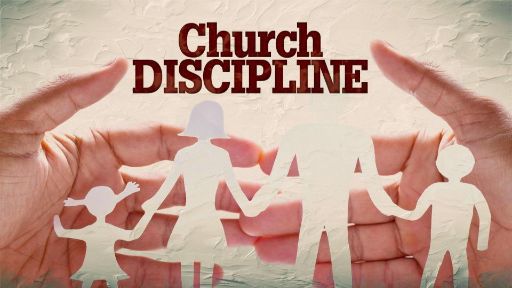-
Job 28 (Where Is Wisdom To Be Found?)
Contributed by David Smith on Nov 28, 2017 (message contributor)
Summary: "The secret things belong to the Lord our God; but the things that are revealed belong to us and to our children for ever, that we may do all the words of this law." ...
God answered Job out of the whirlwind: "Who is this that darkens counsel by words without knowledge." Job 38:1 - the beginning of our reading from today’s lectionary, that marks the beginning of the end of the book of Job.
We’ve been plowing our way through the book of Job for quite a few Sundays now without going near it during the sermon time. Perhaps the book itself, like the dark, shadowy monsters that it talks about, poses too much of a threat to us small-time preacher persons. Who are we to think that we can grapple with the mighty issues addressed in the book of Job, when all the people who do grapple with them in the book do such a dismal job of it, and when the wisest of them all - Job - is summed up as someone who ’darkens counsel by words without knowledge’?
And yet there’s something unavoidable about the book of Job, just as the fundamental question that the man addresses - ’why do the innocent suffer?’ is one that we religious people especially find ourselves inevitably returning to time and time again.
Job is a long book - 42 chapters in all - and it’s mainly composed of a series of speeches that come in cycles between Job and his three friends. They are structured along the lines of a traditional debate where Job and each of his friends speak in turn to put their case, and eventually an adjudicator comes in (by the name of Elihu) to sum up the debate. This is then followed by the appearance of another adjudicator who surprises everybody by appearing out of a whirlwind, and He offers some more authoritative perspectives of His own on the debate.
The topic of debate though is clear from the outset: ’why does God allow the innocent to suffer?’ This is Job’s question. It is also our question. It is perhaps the religious question.
I remember when I was at University, getting very excited about Christian missions taking place on the campus. We would have a variety of different speakers, sharing the gospel from a variety of different perspectives, but the first question that would be put to the speaker from the unbelieving audience would always be the same: ’why does God allow the innocent to suffer?’
Over my years of studying philosophy, the greatest intellectual challenge, in my view, put to persons of faith was that put by the ’Logical Positivists’ and their successors during the early part of the last century. They wanted to know whether, even in theory, there was any way of disproving the Christian faith. Just tell us, they asked, whether anything, even in theory, could show your beliefs to be false. And the answer that came back was, well, that the suffering of the innocent is something that seems to threaten to disprove what we believe about God!
Why do the innocent suffer? This is not just an intellectual question. It’s commonly a heartfelt emotional reaction we have when we’re trying to come to terms with another rank injustice.
A week ago I was listening to a man tell me about how his father was recently kicked to death by the border he had living in his house. Then the young assailant tried to hide the body in the closet and cover it with his clothes, so that it wasn’t found for ages. Why do these things happen?
I mourn daily for the terrible things calamities taking place through the continent of Africa. In Zimbabwe, I believe, millions of people are facing starvation. In other countries there, I am told, the AIDS crisis has become so serious that foreign supporting countries have actually given up. I’m told that in some areas, HIV infection rates are over the 90% mark, which includes children and babies and all sorts of persons that would never have brought this curse upon themselves.
Why do the innocent suffer? Why does God allow it? This is our question. It was Job’s question. I want to read to you part of the book of Job where Job raises this question very powerfully and very beautifully, in the chapter that I understand to be the actual centre-point of the book of Job - chapter 28, where Job asks the question, ’where is wisdom to be found?’
I note that chapter 28 is a chapter that our lectionary compilers chose to overlook altogether, even though, in my understanding, it’s not only the centre of the book of Job, but is also central to the whole of the wisdom tradition in the Old Testament.
If you’ll forgive me extending my prelude to this reading a little more, this is part of the problem of reading Job. Not only is the book itself long, but it really only makes sense when you read alongside the other pieces of wisdom literature in the Old Testament.

 Sermon Central
Sermon Central



